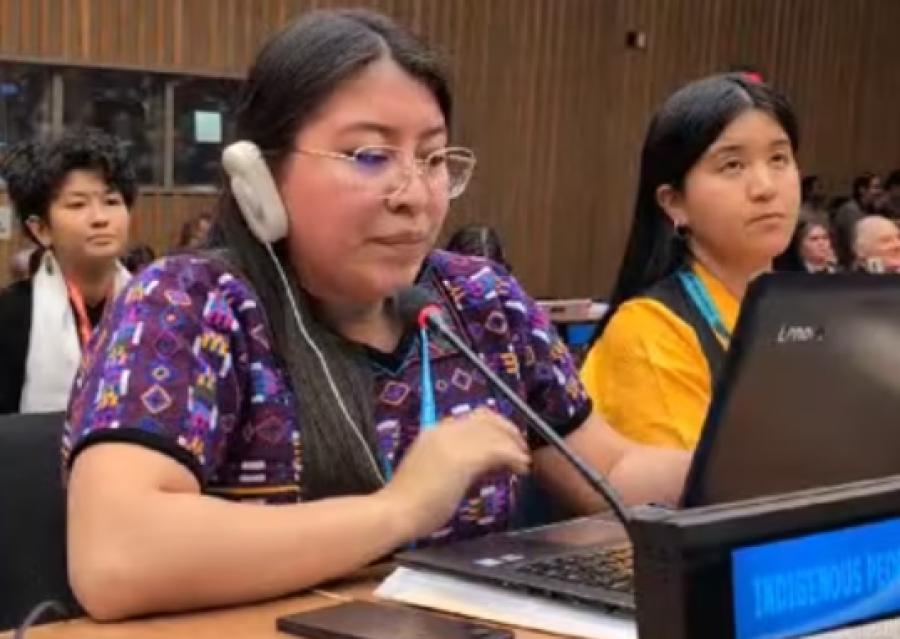

From October 4th to the 11th 2015, Teresita Mendoza, Cultural Survival’s Indigenous Community Radio Regional Promotor, began her visits through Central America to meet with Indigenous Radios across all seven countries. Her mission is to contact, invite and coordinate Indigenous Community Radios in Central America to unite and create an International Indigenous Community Radio Network. The initiative is in collaboration with various Indigenous rights and communications organizations in Latin America.
Teresita Mendoza was accompanied by Avexnim Cojti, Cultural Survival Community Radio Assistant, to her visits to 10 Indigenous community radios in various regions of Guatemala. “The commitment and passion of the Guatemalan people is admirable; something that I see as latent in my country. In this intense visit to various Indigenous Community Radios I realized the need for unity of these stations that are being persecuted and criminalized as if freedom of expression was a crime” said Teresita. Among her various stops, Teresita visited Radio Tzuun Tqa in Chisec, Alta Verapaz a station that provides 90% of its programing in Qeqchi’. She also visited Radio Juventud, the first and only radio to have successfully obtained their equipment from the Public Ministry after being raided in December 2014. Teresita was impressed with the Community Radio Movement in Guatemala and looks forward to implementing this ambitious project. “It is an honor for me to have been named as the Regional Promotor of this project that envisions a Central American Indigenous Community Radio Network; I hope to complement the efforts being undertaken in the region for the democratization of communication” said Teresita.
The initiative was envisioned as a kick-off event for an Indigenous Community Radio Conference in Panama in January of 2016. Preparations are still underway so that Indigenous Community Radios are empowered to fight the systems that limit their right to freedom of expression. “The idea is that we can connect Indigenous radios across Central America so that they can work together towards a path of legalization in their respective countries” added Avexnim.

